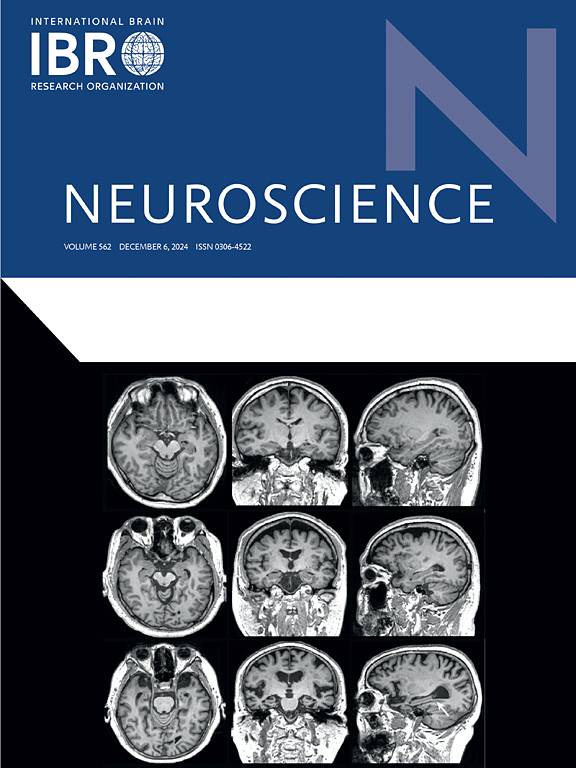Microglial upregulation of CD109 expression in spinal cord of amyotrophic lateral sclerosis mouse model and its role in modulating inflammation and TGFβ/SMAD pathway
IF 2.9
3区 医学
Q2 NEUROSCIENCES
引用次数: 0
Abstract
CD109 is a multifunctional coreceptor, whose function has been widely studied in tumor progression and metastasis. One of the reported primary roles of CD109 involves down-regulating TGFβ signaling. However, the role of CD109 in central nervous system, especially neurodegenerative disease, is barely known. Here, we examined the expression changes and cellular location of CD109 and TGFβ/SMAD pathway molecules in lumbar spinal cord of SOD1-G93A mice, and explored the role and mechanism of CD109 on LPS-treated BV2 microglia and primary microglia derived from SOD1-G93A mice. Our results showed an increased expression of CD109 and TGFβ/SMAD pathway molecules in lumbar spinal cord of SOD1-G93A mice. Further cellular localization analysis demonstrated that proliferating microglia contributed mainly to the upregulation of CD109 and TGFβ1. Moreover, CD109 intervention in vitro partially reduced inflammatory response and TGFβ/SMAD pathway activation in both LPS-treated BV2 microglia and primary SOD1-G93A microglia. Thus, CD109 was involved in pathogenesis of ALS mice, and interventions targeting on CD109 modulation could be a potential therapeutic strategy for ALS.
肌萎缩性脊髓侧索硬化症小鼠脊髓小胶质细胞CD109表达上调及其在调节炎症和TGFβ/SMAD通路中的作用
CD109 是一种多功能核心受体,其在肿瘤进展和转移中的功能已被广泛研究。据报道,CD109的主要作用之一是下调TGFβ信号传导。然而,CD109在中枢神经系统,尤其是神经退行性疾病中的作用却鲜为人知。在此,我们研究了CD109和TGFβ/SMAD通路分子在SOD1-G93A小鼠腰脊髓中的表达变化和细胞位置,并探讨了CD109在经LPS处理的BV2小胶质细胞和SOD1-G93A小鼠原代小胶质细胞中的作用和机制。结果表明,SOD1-G93A 小鼠腰脊髓中 CD109 和 TGFβ/SMAD 通路分子的表达增加。进一步的细胞定位分析表明,增殖的小胶质细胞主要导致了 CD109 和 TGFβ1 的上调。此外,体外干预 CD109 可部分减少 LPS 处理的 BV2 小胶质细胞和原代 SOD1-G93A 小胶质细胞的炎症反应和 TGFβ/SMAD 通路激活。因此,CD109参与了ALS小鼠的发病机制,针对CD109调节的干预措施可能是ALS的一种潜在治疗策略。
本文章由计算机程序翻译,如有差异,请以英文原文为准。
求助全文
约1分钟内获得全文
求助全文
来源期刊

Neuroscience
医学-神经科学
CiteScore
6.20
自引率
0.00%
发文量
394
审稿时长
52 days
期刊介绍:
Neuroscience publishes papers describing the results of original research on any aspect of the scientific study of the nervous system. Any paper, however short, will be considered for publication provided that it reports significant, new and carefully confirmed findings with full experimental details.
 求助内容:
求助内容: 应助结果提醒方式:
应助结果提醒方式:


